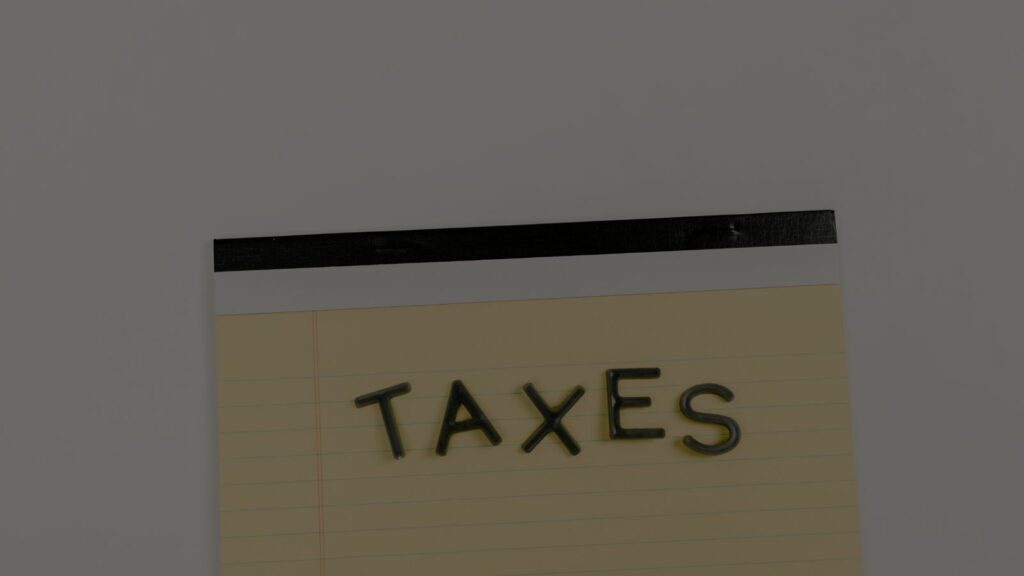Understanding Sales Tax Audits in Joliet
When you are undergoing a sales tax audit, you may regret selling tangible items along with your service. If you have not taxed the entire sale, then, the auditor will look at the true object of the sale.
Determining the True Object of the Sale
When you provide a physical good along with a service (e.g., heart treatment along with a heart monitor), but the good is secondary to the service, taxability is based on the real object of the transaction: the service provided.
To comply with the sales tax laws of your state, determine the intended use of the good or service. Is the service you’re providing secondary in importance (“incidental”) to the installation of the equipment?
Applying the True Object Test
To help make the determination, a number of state taxing authorities developed an analysis called the “true object test” which they apply to the total transaction.
Using the true object test, you can get a better idea of whether a transaction will be taxable by determining whether the service provided or the property acquired is the main purpose or the true object of the transaction.
To apply the true object test, look up the rules of the state in which you’re conducting business.

Common Triggers for Audits and Penalties
Audit Flags for Service-Based Businesses
What’s responsible for audit flags and potential penalties?
Tax obligations service-based businesses don’t think they have.
For companies servicing:
- Installation contracts
- Technical support
- Other business services
Sales tax can become a problem if not addressed promptly.
Industries at Risk
Similar at-risk businesses include:
- Construction services
- Manufacturers that provide services along with products
- Many other service-based businesses along the supply chain
As ecommerce shrinks the time between order and delivery, the sales tax risk for supply chain providers grows.
Frequently Asked Questions
What is the “true object test” in sales tax audits?
The “true object test” is a method used by state tax authorities to determine whether a transaction is primarily for a service or a tangible good. This distinction helps assess whether sales tax should apply.
How does combining a product with a service affect taxability?
If you sell a physical product with a service, the auditor will evaluate which part the service or the product is the main component. If the product is incidental, the entire sale may be exempt from sales tax.
Why do service-based businesses often face sales tax audits?
Many service-based businesses assume they are exempt from sales tax. However, if they also provide physical goods or installation services, they might unknowingly trigger audit flags due to overlooked tax obligations.
What industries are most at risk for sales tax audits?
Industries like construction, manufacturing, and technical support services are particularly vulnerable. These sectors often bundle goods with services, complicating tax compliance.
How can I avoid penalties during a sales tax audit?
To avoid penalties, ensure you understand your state’s sales tax rules, apply the true object test properly, and document all transactions thoroughly. Being proactive in compliance significantly reduces audit risks.

